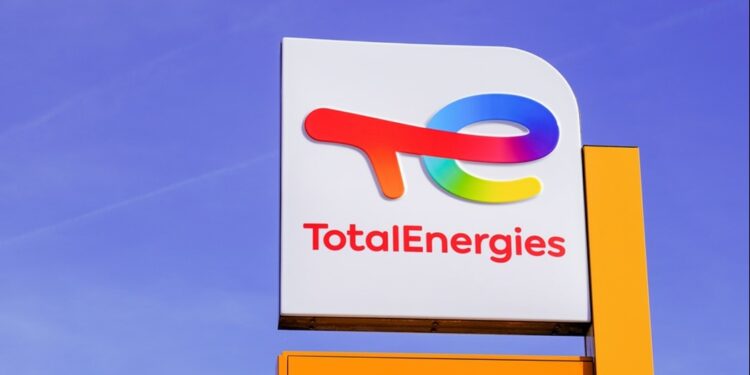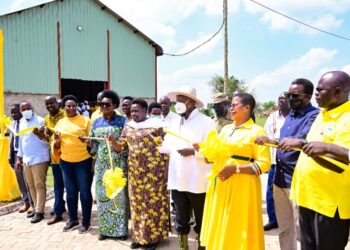French energy giant, TotalEnergies, has responded to allegations of negligence and inadequate compensation for graves affected by the Tanzania-Uganda oil pipeline project.
In response to mounting accusations, TotalEnergies has announced a comprehensive assessment of its land acquisition processes related to the high-profile Tanzania-Uganda oil pipeline project and associated field development initiatives.
This decision comes in the wake of severe criticism from an interfaith organization, accusing the company of failing to protect numerous graves that would be impacted by the construction of the extensive 1,443-kilometer East Africa Crude Oil Pipeline (EACOP).
The review, as revealed in a recent press release by TotalEnergies, aims to scrutinize the land acquisition procedures employed, the efficacy of consultation methods, compensation adequacy, relocation strategies for affected populations, and the overall handling of grievances.
“As the land acquisition process draws to a close, this mission will evaluate the land acquisition procedures implemented, the conditions for consultation, compensation and relocation of the populations concerned, and the grievance handling mechanism”, TotalEnergies said in a press statement.
“It will also assess the actions taken by TotalEnergies EP Uganda and EACOP to contribute to the improvement of the living conditions for the people affected by these land acquisitions and suggest additional measures to be implemented if needed”.
To oversee this critical evaluation, TotalEnergies has appointed ex-Benin Prime Minister Lionel Zinsou, a renowned expert in African economic development and the founder of SouthBridge consultancy. Zinsou’s involvement with TotalEnergies in the past was disclosed by the company, emphasizing his familiarity with their operations.
The EACOP and associated projects encompass a significant land acquisition program covering approximately 6,400 hectares. This initiative directly affects 19,140 households and communities owning or utilizing plots of land, involving the relocation of 775 primary residences.
According to TotalEnergies, the vast majority of affected households have signed compensation agreements and received payments, while relocation for the remaining households is reportedly underway.
However, an international environmental watchdog, GreenFaith, released a report in November alleging a series of deficiencies in TotalEnergies’ approach to handling affected burial sites along the EACOP route.
GreenFaith accused the company of disregarding local customs, failing to follow international best practices, and neglecting proper identification and relocation plans for affected graves.
TotalEnergies has refuted these claims, asserting adherence to World Bank project standards on cultural heritage and emphasizing the development of a comprehensive management plan for cultural and archaeological heritage.
The company underlined a protocol prioritizing the avoidance of cultural sites whenever possible and detailed procedures for relocating sacred sites in line with traditional beliefs or customs.
Moreover, TotalEnergies countered allegations regarding displacement, environmental damage, and climate risks associated with the project, stating that only a fraction of the initially alleged number of people would be displaced.
They highlighted the improved conditions offered at relocation sites and emphasized their environmental conservation efforts, including habitat restoration and emissions reduction strategies.
As the review process commences and amid ongoing scrutiny, TotalEnergies remains steadfast in defending its practices and commitments to cultural preservation, community engagement, and environmental stewardship associated with the Tanzania-Uganda oil pipeline project and its associated endeavors.
Do you have a story in your community or an opinion to share with us: Email us at editorial@watchdoguganda.com













